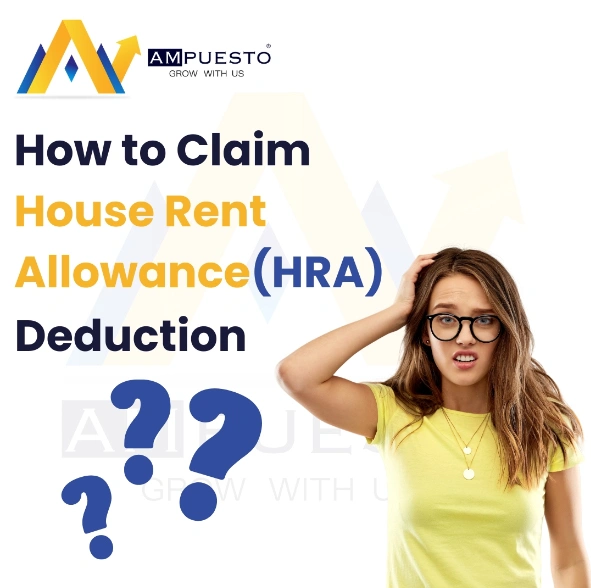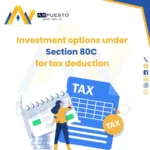An allowance refers to a fixed sum of money provided by an employer to an employee to cover specific expenses. Typically, this amount is given to the employee to manage their expenditures independently. In other words, if an employer provides a certain amount on a regular basis (e.g., monthly) to cover a particular expense, this is classified as an allowance. Dearness allowance, Overtime allowance, Travelling allowance, House rent allowance, Children Education allowance, Conveyance allowance.
Depending on the employee’s actual spending, they may end up spending more or less than the amount provided, or they might not spend the allowance at all. The taxability of such allowances can vary based on the nature of the allowance and relevant tax laws. In this article, let’s understand House Rent Allowance taxability and its limit.
What is House Rent Allowance (HRA) – Section 10(13A)
House Rent Allowance (HRA) is provided to employees to cover rental expenses for accommodation. Under Section 10(13A) of the Income Tax Act, HRA is exempt from tax to the extent of the minimum of the following amounts:
- Actual HRA received during the relevant period.
- Rent paid minus 10% of salary.
- 50% of salary if the accommodation is located in a metro city (Mumbai, Chennai, Kolkata, or New Delhi).
- 40% of salary if the accommodation is located in any other city.
Definitions and Clarifications:
- Relevant Period: Refers to the duration during which the employee occupied the accommodation during the financial year.
- Salary: For HRA calculations, salary includes:
- Basic Salary
- Dearness Allowance (if it forms part of the retirement benefits)
- Commission based on a fixed percentage of turnover
- Salary Calculation: Salary is considered on a due basis.
These exemptions aim to alleviate the financial burden of renting accommodation for employees, ensuring that they are not taxed unfairly on their HRA benefits.
Can I claim HRA if I am paying rent to my parents?
Mostly salaried individuals live with their parent in this case they don’t need to pay rent to their parents but still if you want to take exemption for the HRA then there are few things which you need to keep in mind for the same.
- Parents should be owner of the house.
- Parents account this income in their income tax return
- There should be Rent agreement between you and your parents.
Common Misconceptions about HRA
Myth 1: HRA is only for salaried employees.
Reality: Self-employed individuals cannot claim HRA but can benefit from Section 80GG, which provides similar deductions.
Myth 2: HRA exemption is always fully tax-free.
Reality: The HRA exemption is calculated based on specific conditions, and only the minimum amount is exempt from tax.
Myth 3: If I own a house, I can’t claim HRA.
Reality: If you own a house but live in a rented property due to work location, you can still claim HRA.
Let’s consider an example to illustrate the calculation:
Assumptions:
- Basic Salary: Rs. 50,000 per month
- HRA received: Rs. 20,000 per month
- Rent paid: Rs. 18,000 per month
- Location: Mumbai (Metro city)
Calculation:
- Actual HRA received per year: Rs. 20,000 x 12 = Rs. 2,40,000
- Rent paid in excess of 10% of salary:
- 10% of annual salary = 10% of (Rs. 50,000 x 12) = Rs. 60,000
- Rent paid – 10% of salary = Rs. 1,56,000 (Rs. 18,000 x 12 – Rs. 60,000)
- 50% of Salary (Metro city): 50% of (Rs. 50,000 x 12) = Rs. 3,00,000
In this case, the least of the above three amounts will be considered for exemption from HRA:
- Actual HRA received: Rs. 2,40,000
- Rent paid – 10% of salary: Rs. 1,56,000
- 50% of Salary (Metro city): Rs. 3,00,000
Therefore, the HRA exemption for this individual would be Rs. 156,000.









